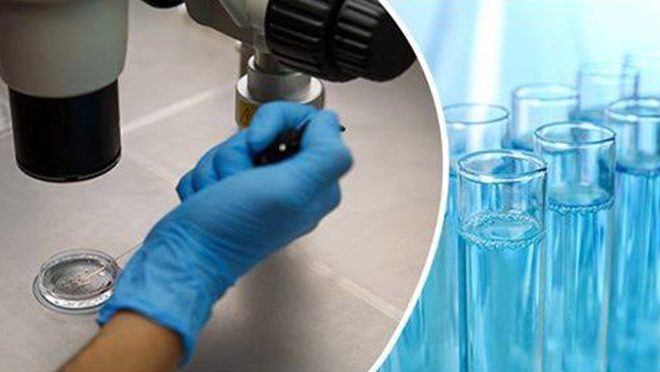Power of Effective Communication in ART
A Doctor-patient relationship is a crucial part of clinical practice. As to how a doctor communicates the information to the patient, is important to the success of a treatment or for better correction to the existing medical condition. Effective doctor-patient communication is a vital clinical function in building a therapeutic doctor-patient relationship. It is called the heart and art of the medical field.
Several studies have shown that when this communication is done well, it brings a therapeutic effect for the patient. Patients who can understand their doctors better acknowledge their medical condition, understand the options of treatment and are likely to modify their behaviour towards lifestyle modifications suggested and follow better medical schedules.
An effective doctor-patient relationship can also improve the health condition of the patient as quantifying many drugs, perhaps having a partial placebo effect.
Impact on a patient:
There are five main components for effective communication which have a positive impact on the patient:
Attentive listening– this helps the clinicians to assess the patients’ medical condition, to understand what the patient knows and doesn’t know. This will also help in better diagnosis for the patient.
Empathy is the basic skill a doctor must develop, to help them in recognising the indirectly expressed emotions of their patients. Once recognised, these emotions should be acknowledged and further explored on their subsequent encounters. This enhances patient satisfaction, and to a larger extend builds a positive attitude in the patient towards the treatment.
Keeping it simple– the doctor should communicate with the patient, in a simple language and refrain using long monologues, check their understanding and answer their queries.
Truth– it is important to be truthful. It is important to choose appropriate words while informing them about their health status.
Hope, although the need, to tell the truth, is primary, the therapeutic value of conveying hope in difficult situations should not be overlooked.
Body language– Much of what cannot be conveyed through words can be understood non-verbally. A patient’s facial expression are key indicators of their emotions. The doctor, who pays attention to such non-verbal clues, is likely to impact the patients’ concerns to a greater extent.
Communication in ART:
Infertility involves a family crisis and is a very delicate issue, and often, patients might initially hesitate to express their medical condition hence, doctor-patient relationship plays a huge role in the success of the treatment.
The communication and relationship building between these patients and doctors is crucial, as it revolves around- knowing the context of the condition, being easily approachable, the uniqueness and complexity in cases, information sharing, patient and family care and the most importantly recognizing the psychological factors in infertile patients.
Many patients visit ART clinics with the only once acceptable outcome- “take-home baby” and thus a powerful and yet simple means of communication can work miraculously in establishing a relationship where the patient is prepared for accepting the challenges in the treatment – managing the anxiety and emotions during treatment, advising them on lifestyle modifications, preparing them for multiple pregnancies and also for possible failures in the treatment, the financial burden involved, preparing them to make difficult decisions like using donors, stopping the treatment and also deciding when to seek for psychological intervention.
The important aspect of communication is now being taught in several medical schools and postgraduate colleges to reinforce the importance of a powerful communication for patient-doctor relationship.
We at OSHERM, train our fellows and students not only on the clinical aspects but also on building a patient relation through powerful communication.
Related Posts
Leave a Reply Cancel reply
Recent Posts
- Pre-implantation Genetic Testing April 30, 2021
- Things You Should Know About Pursuing a Career in Embryology January 20, 2021




